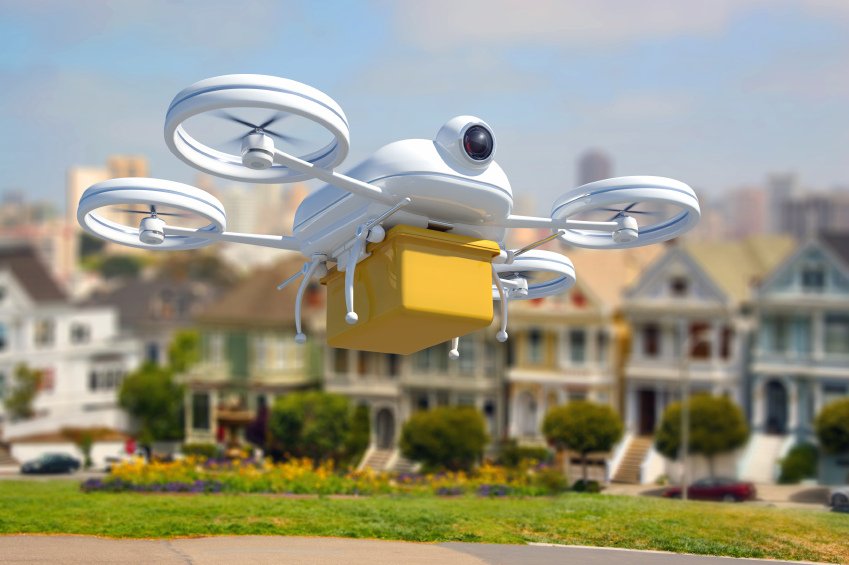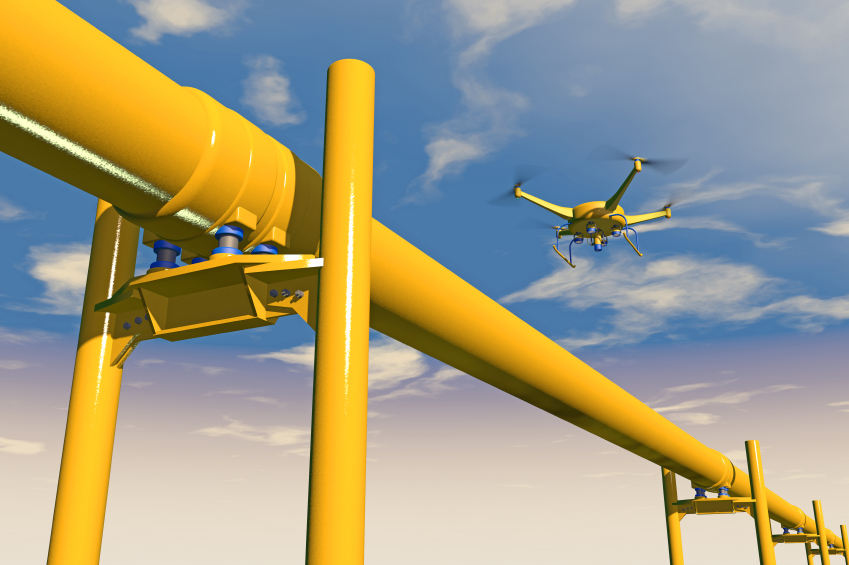The technology related to drones, or unmanned aircraft systems, is advancing at a rapid pace.
A staggering 1.6 million drones were sold in 2015, and an estimated 600,000 will be sold this year for commercial use alone, according to James Van Meter, J.D., aviation practice leader at Munich-based Allianz Global Corporate & Specialty.
Will your company or clients be exposed to potential liability from drones? How can insurance protect them?
At the recent RIMS 2016 conference, Van Meter and Mark Lauderbaugh, director of risk management for Houston-based mobile communications infrastructure company Crown Castle International Corp., presented a session titled, "Managing Unique Risks Posed by Unmanned Aircraft Systems."
"Independent agents need to be on the lookout for drone exposure with every account they work on," said Van Meter. "I have spoken with numerous risk managers who were shocked to discover their companies were flying drones or had hired a drone company to work for them. They were the last to find out and had to scramble to assess the exposure and obtain coverage."
Here are 14 things insurance agents need to understand about the risks associated with the commercial use of drones, as well as information about basic technology, evolving insurance products and the changing regulatory environment:

Drone delivering mail and package in San Francisco. (Photo:
iStock)
1. Recreational vs. commercial use of drones
As of Dec. 21, 2015, the Federal Aviation Administration (FAA) requires all owners of small unmanned aircraft, or drones, weighing between 0.55 pounds and 55 pounds to register online before taking to the skies.
The recreational use of drone is defined as the operation of an unmanned aircraft for personal interests and enjoyment. For example, using a drone to take photographs for your own personal use would be considered recreational, according to Know Before You Fly, an informational website produced by the Arlington, Va.-based Association for Unmanned Vehicle Systems International and the Muncie, Ind.-based Academy of Model Aeronautics.
Using a drone to take photographs or videos for compensation or sale to another individual would be considered a commercial operation.
Related: Your kid just got a drone. Should you get insurance?

Drone inspecting pipeline. (Photo: iStock)
2. What constitutes a commercial use?
The FAA currently authorizes the use of drones for commercial or business purposes on a case-by-case basis. Activities that are defined as commercial use include:
- Selling photos or videos taken from a drone.
- Using drones to provide contract services, such as industrial equipment or factory inspection.
- Using drones to provide professional services, such as security or telecommunications.
- Professional real estate or wedding photography.
- Professional cinema photography for a film or television production.
- Providing contract services for mapping or land surveys.
Want to continue reading?
Become a Free PropertyCasualty360 Digital Reader
Your access to unlimited PropertyCasualty360 content isn’t changing.
Once you are an ALM digital member, you’ll receive:
- All PropertyCasualty360.com news coverage, best practices, and in-depth analysis.
- Educational webcasts, resources from industry leaders, and informative newsletters.
- Other award-winning websites including BenefitsPRO.com and ThinkAdvisor.com.
Already have an account? Sign In
© 2024 ALM Global, LLC, All Rights Reserved. Request academic re-use from www.copyright.com. All other uses, submit a request to [email protected]. For more information visit Asset & Logo Licensing.








